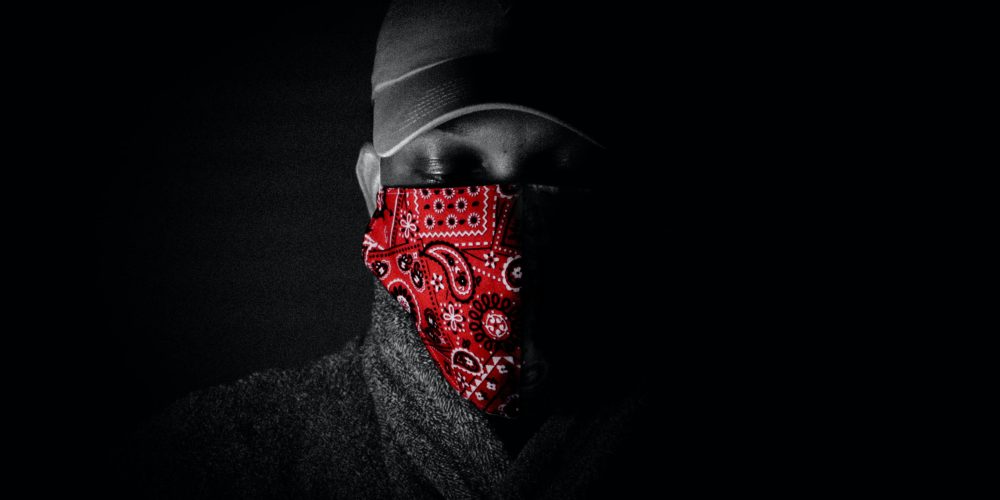Here comes the Low-Touch, High-Friction world

So many of us feel imprisoned in our own homes, staring at the same walls, missing contact with others, tired of dealing with family issues.
So many of us are just waiting to be told that the coronavirus pandemic is over, that lockdowns and shutdowns are over, and that we can burst out into the world again, and do…what, exactly?
Picture this: perhaps your country will announce an easing of lockdown rules over the next couple of months. Perhaps you will be one of those able to venture back into the world – to work, to socialise, to travel – to come back to life. What will you be choosing to do?
If your child’s school says it’s all good – send ‘em back to class. Will you? If the government says curfews are over and you can all go back to drinking and dining – will you? If large religious gatherings are permitted again and you can gather with your fellow faithful singing in packed halls – will you? If borders are reopened and flights are resumed and you can travel again, on business or pleasure – will you? If you can reopen all your production facilities again – will you?
I think you see my point.
Many people seem to be waiting for those in authority to announce a loosening of restrictions, as though a grand reopening will occur followed by a rapid return to normality. I hate to be the one to break it to those optimistic souls, but this thing is going to take a long time to work out of the system. And some things that we cherished in the past may actually be gone forever.
There are many reasons for this. The first is that this shutdown of the world economy is actually unprecedented. It is not just one of the many recessions we have periodically encountered; this is something else altogether. The plunge is off the charts in terms of numbers, but there is something else that’s different. Economist Paul Krugman characterised it best in his New York Times column: what’s happened is the economic equivalent of a medically induced coma, in which some brain functions are temporarily shut down by the doctors in order to save the patient’s life and give time to heal.
What we are smack in the middle of right now is not some overheating of the economy, or a fall in demand. Heck, many were looking forward to an excellent order book and booming sales before the microbes arrived. This is a global medical emergency. The economy is shut down because we need it to be.
If I can take the analogy further: when the patient (the composite of all the players that make up the world economy) is allowed to come out of the coma by the doctors, that patient will not be working and partying anytime soon. There will be a long period of gradual rehabilitation, of dietary and locomotive restrictions, of physiotherapy. The newly unemployed will not just be reemployed as though nothing happened; consumer wallets will not just reopen because they can.
The second reason this will be a long haul is that coming back to life isn’t just about top-down effects, but also bottom-up ones. As I alluded to above, producers and consumers and citizens are not going to carry on as though nothing happened. There will be great underlying fear of a second surge in Covid-19 cases. Many of us will be extremely guarded about how much we venture back into the world, how much we socialise and how much we travel and interact.
The folks at Board of Innovation are calling this the ‘Low-Touch Economy.’ I want to add to that and call it a ‘Low-Touch, High-Friction’ world for the foreseeable future.
Low-touch, because we won’t go back to a world of frequent and intense social interaction for a long time after this. Until a Covid-19 vaccine is actually developed, proven to work, and administered to a large chunk of the world population, the psychosocial drama of the disease is not dying out.
High-friction, because hyper-globalization and internationalism will go into submission. We can’t expect open borders and seamless global supply chains in the same way again. After facing massive supply shocks, how many companies will attempt to reconstruct multi-country supply chains again? How many businesses will want to send executives jet-hopping again? How many governments will end up enjoying their expanded emergency powers and become reluctant to ever ease up properly again?
So what will this Low-Touch, High-Friction world mean for you? Let’s discuss that here next week.
(Sunday Nation, 19 April 2020)

Buy Sunny Bindra's new book
The X in CX
here »
Popular Posts
- Where are you rushing to—your funeral?June 29, 2025
- How to spot a real thinkerJune 15, 2025
- The pause that saves usJune 8, 2025
- Built the app, forgot the flowJune 22, 2025
- The map will appear—once you start walking.July 6, 2025















